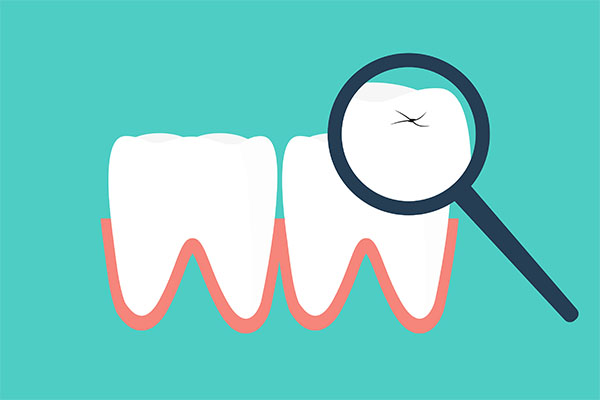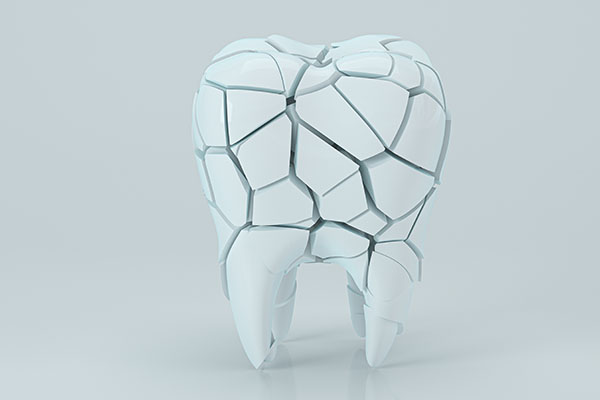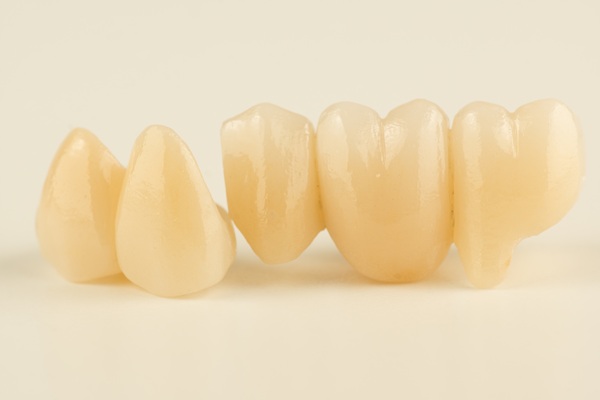 In most cases, the process of fitting dental crowns takes multiple sessions in the dentist’s chair. This implies an investment of time, effort, and money on your part. It then follows that you want the best out of your investment. So how do you keep the dental crowns in your mouth in excellent condition for a long, long time?
In most cases, the process of fitting dental crowns takes multiple sessions in the dentist’s chair. This implies an investment of time, effort, and money on your part. It then follows that you want the best out of your investment. So how do you keep the dental crowns in your mouth in excellent condition for a long, long time?
Dental crowns and their longevity
Are dental crowns forever, like diamonds? They can be, and it ultimately comes down to several factors:
- The toughness of the material that goes into their fabrication.
- The handiwork of the dentist who installs the dental cap.
- Oral habits on the patient’s part.
These three considerations inform the long-term outcome of a dental crown. They will inform the life hacks that a patient needs to adopt to get maximum mileage from their crowns. The following sections provide useful tips to keep dental crowns going for a long time:
1. The material matters
‘Gold’ crowns can last a lifetime, but their color does not lend itself to front teeth. Porcelain crowns can last fifteen years or even longer with excellent care. Zirconia crowns are even more durable than their porcelain cousins, and they too can last for decades. However, all resin crowns are less durable and will require a change after a few years.
Choose wisely, keeping in mind that materials that are both tooth-colored and durable tend to cost more. However, they also last longer while looking good.
2. Fastidious oral hygiene
A dental crown is in reality only as sound as the mouth it sits in. This means that not even a crown can protect against poor oral hygiene. It is possible for a tooth that sits next to the crown to develop decay or pulpitis. Gum disease can also result in widespread infection.
In both these cases, the infection can spread and make its way under the crown and into the underlying tooth. When this happens, the crown will be unable to protect against tooth decay. The crown would have to come off to allow the dentist to access and treat the problem tooth.
3. Good diet
Fastidious oral hygiene and a good diet both serve to protect the crown and the tooth it sits on. These measures prevent infection from reaching the natural tooth that sits under a crown.
4. Stain prevention
Crowns are protective restorations that reinforce the structure of a weak tooth. Dental caps also act as a physical barrier against heat, cold, sugar, acid, pressure, and bacteria. While these are useful functions of a crown, the cosmetic functions of a crown matter just as much.
Substances like cigarette smoke, coffee, black tea, wine, and certain red sauces can stain a crown. Unfortunately, removing stains from crowns is much harder than removing them from natural teeth.
Periodic dental checks also help to keep your crowns in mint condition
Our practice offers first-line dental care, which covers professional teeth cleaning and routine dental exams. This means that you can count on us to keep tabs on your teeth, dental crowns included. Get in touch with us to book an appointment at a time that works for you.
Request an appointment or call R. David Brumbaugh, DDS at 214-306-4402 for an appointment in our Dallas office.
Related Posts
Dental crowns are durable and effective for restoring damaged or weakened teeth. They improve the tooth's structure and function while also enhancing your smile's appearance. However, proper maintenance can extend their lifespan and ensure long-term oral health. With the right care, these restorations can last several years, providing a reliable and aesthetically pleasing restoration.A consistent…
Dentists use dental crowns to preserve the integrity of the remaining natural dental structure. There are cases when cavities keep getting worse. Lack of routine dental checkups and poor dental care can lead to deeper cavities. This often leads to larger fillings with each dental check. If you want to know how dental crowns can…
Curious about whether you need a dental crown after a root canal? Read on to learn more. Many patients believe that a root canal is a painful procedure and therefore avoid it. In cases of seriously damaged or infected teeth, root canals are the last resort to prevent an extraction. After the root canal treatment,…


